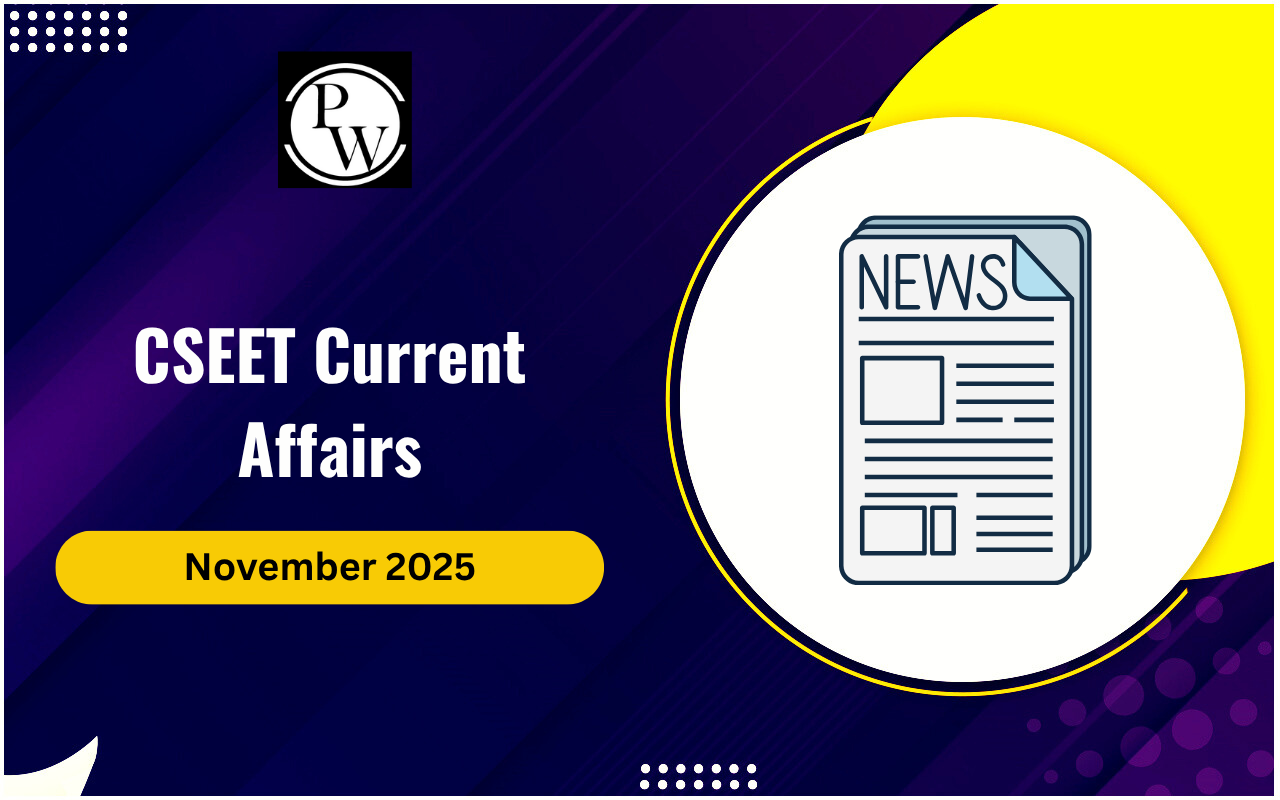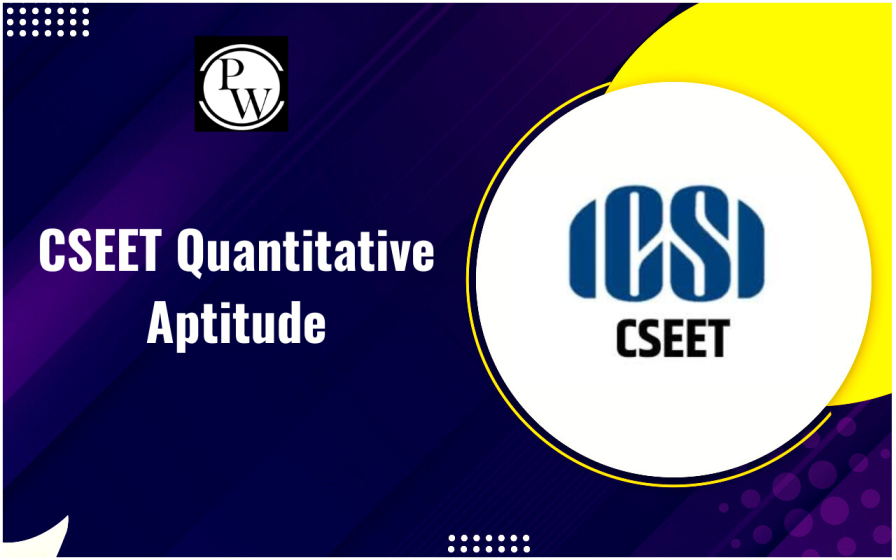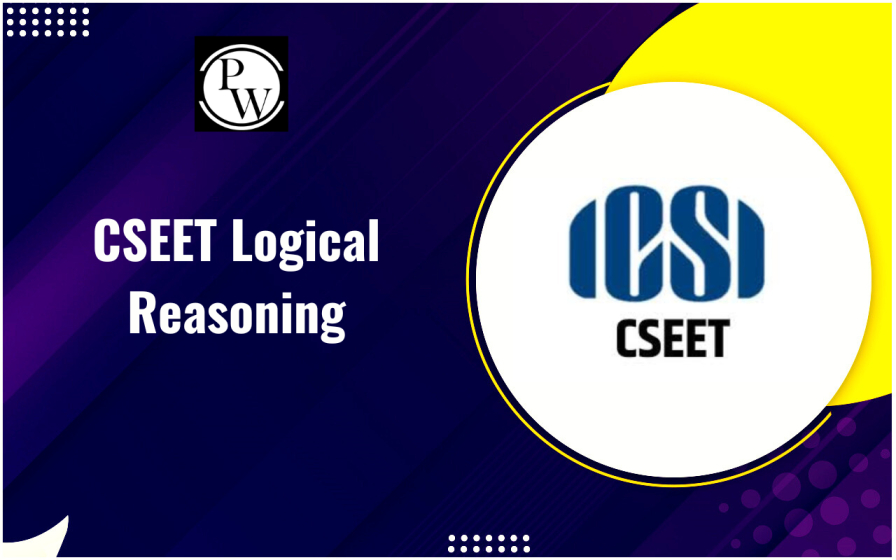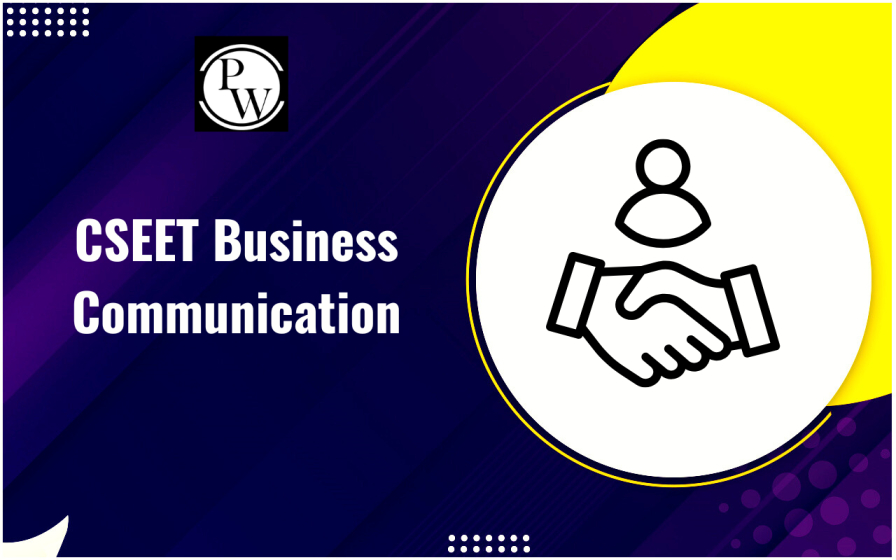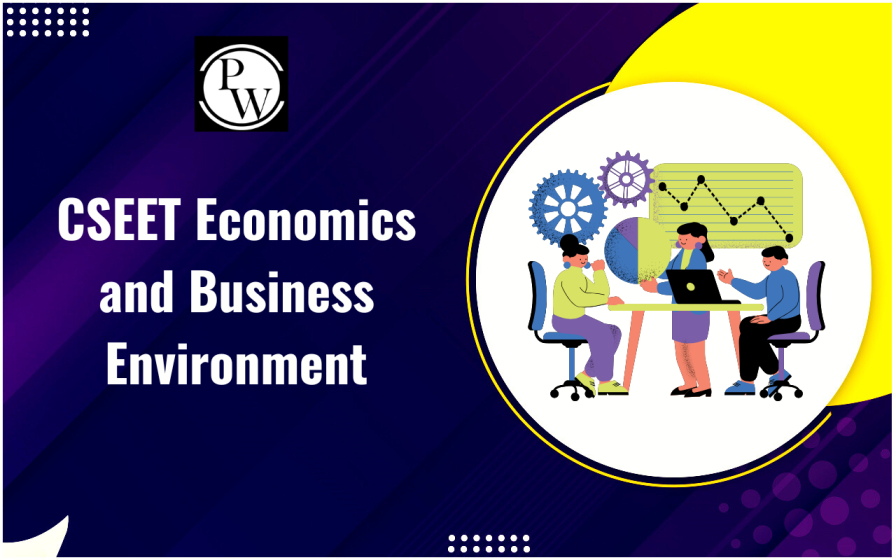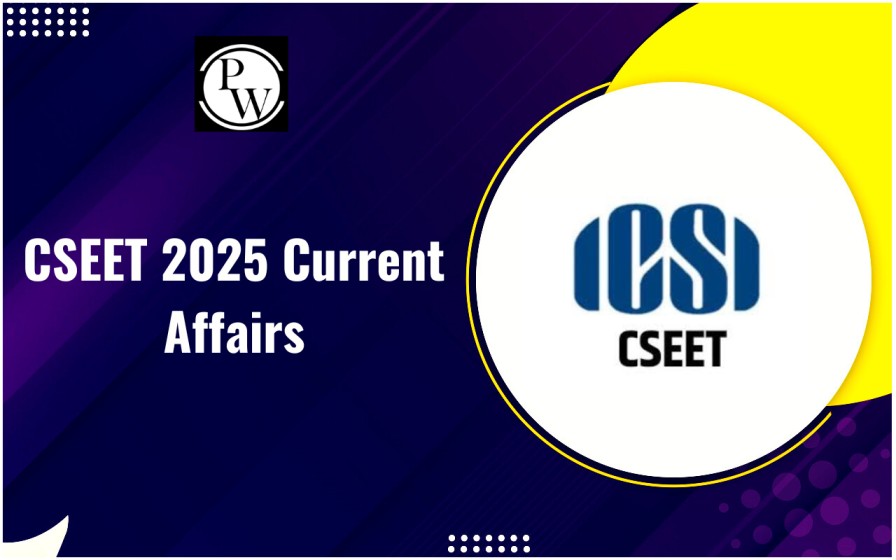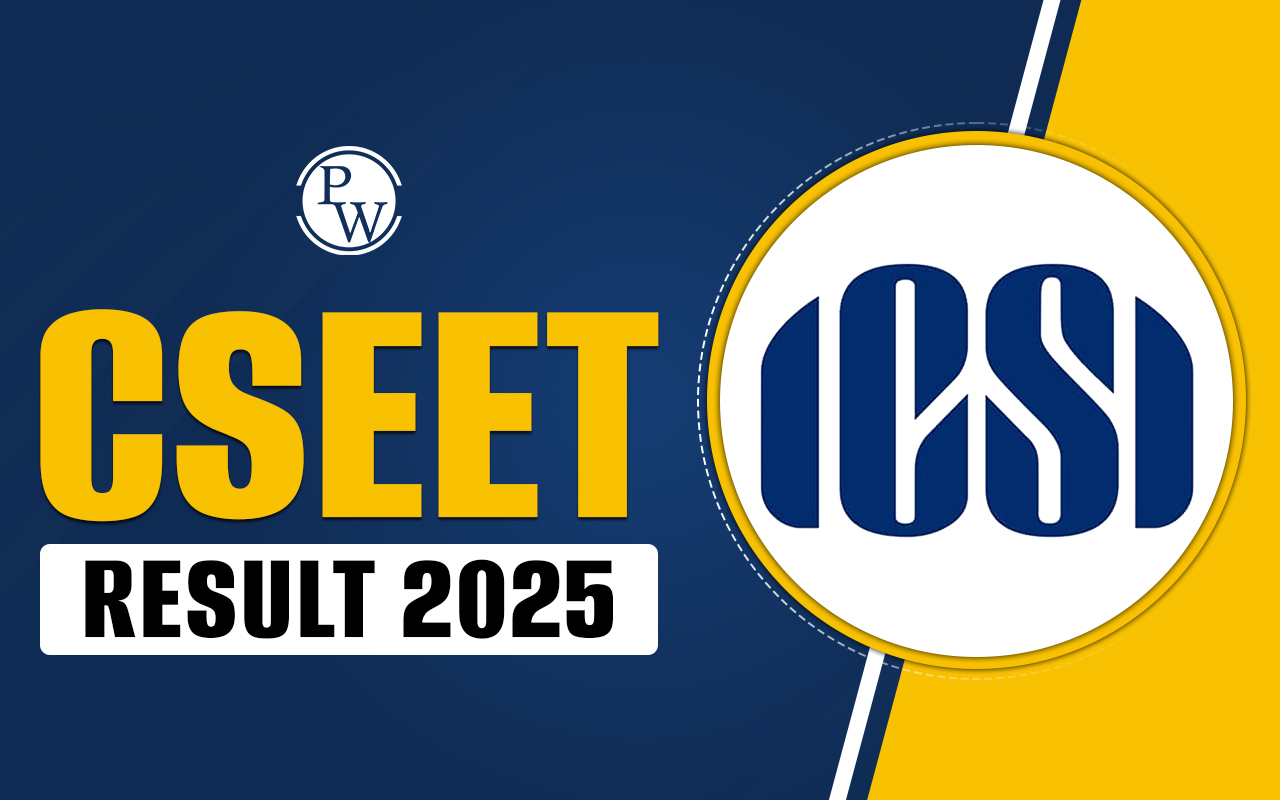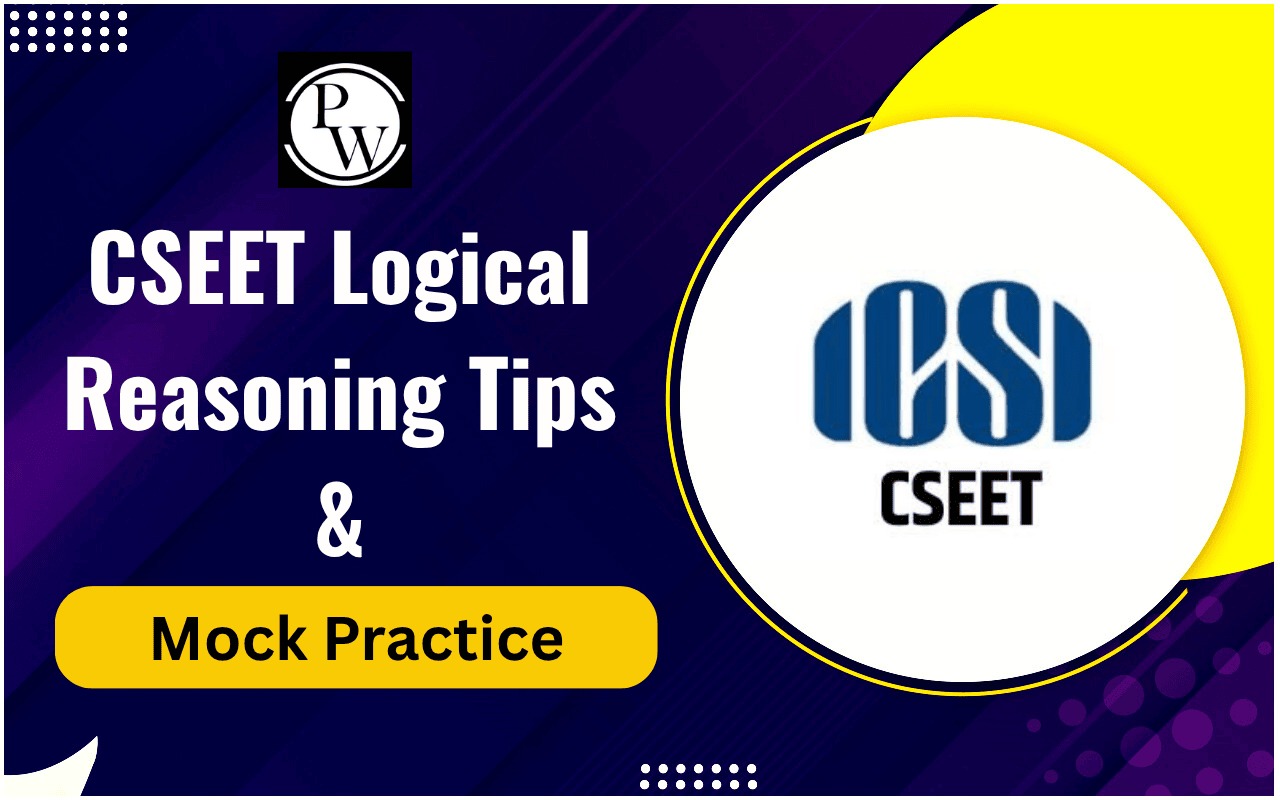
Business Communication Questions: In professional exams like CSEET, CS Executive, MBA entrance tests, and competitive government assessments, Business Communication Questions play a crucial role in evaluating a student’s ability to understand and apply communication principles. These questions are not only theoretical but also practical, involving topics such as email etiquette, formal communication, types of business letters, and the use of technology in communication. Preparing for Business Communication Questions helps learners gain confidence in both oral and written communication, preparing them for real-life workplace scenarios.
Why Focus on Business Communication Questions?
In a corporate environment, effective communication determines the efficiency of operations and the quality of interpersonal relationships. Business Communication Questions are framed to test clarity, professionalism, and the ability to convey ideas with precision. Preparing these questions ensures:
- Better understanding of communication processes
- Familiarity with formal structures such as memos, emails, and circulars
- Polished use of professional vocabulary and etiquette
- Awareness of communication barriers and feedback mechanisms
Business Communication Questions also cover group discussion skills, video conferencing protocols, and common business expressions, ensuring comprehensive preparation.
Also Check:
Importance of Practicing Business Communication Questions
Practicing Business Communication Questions enables students to:
- Learn the core elements of communication: sender, receiver, message, channel, and feedback
- Identify and overcome communication barriers such as noise, language, and emotional disconnect
- Master types of written communication: business letters, notices, reports, and emails
- Understand oral communication formats: meetings, discussions, and telephonic conversations
- Apply etiquette for digital platforms: email, video conferencing, and messaging
| Current Affairs and Quantitative Aptitude Questions | Economic and Business Environment Question | Legal Aptitude and Logical Reasoning Question |
Approach to Solving Business Communication Questions
To solve Business Communication Questions effectively:
- Pay attention to grammar and sentence construction
- Avoid abbreviations and slang in formal writing
- Understand CC, BCC, inbox, outbox, and trash folders in email communication
- Recognize the formal tone and structure of a business letter
- Practice vocabulary related to attitudes, beliefs, and emotions (e.g., atheist vs believer)
- Identify idiomatic expressions and their usage (e.g., “like a fish out of water”)
Sample Business Communication Questions
Practicing with sample Business Communication Questions sharpens analytical thinking and enhances familiarity with question patterns often seen in exams.
Q1: …….. Are welcome, for it is not obligatory to accept them.
a) Suggestion
b) Order
c) Courtesy
d) Complaint
Ans: a) Suggestion
Q2: ...... refers to the special language of a trade
a) Jargon
b) Expression
c) Colloquialism
d) Suggestion
Ans: a) Jargon
Q3: An email may contain non-text information which may be……….
a) Downloaded
b) Uploaded
c) Erased
d) Transmitted
Ans: a) Downloaded
Q4: The second part of email address identifies……
a) Name of bank
b) Name of the email server
c) Name of individual user
d) Name of the mobile phone operator
Ans: b) Name of the email server
Q5: What is the main folder in Gmail?
a) Inbox
b) Trash
c) SPAM
d) Star
Ans: a) Inbox
Q6: In email communication, CC stands for:
a) Cold coffee
b) Carbon copy
c) Casual copy
d) Careful copy
Ans: b) Carbon copy
Q7: Which of the following component/s is or are required for video conferencing?
a) Computer
b) Webcam
c) Microphone
d) All of the above
Ans: d) All of the above
Q8: All are the requirements for video conferencing except:
a) Web camera
b) Landline
c) Personal computer
d) Internet access
Ans: b) Landline
Q9: Which of these must be avoided in business letters?
a) Polite words
b) Formal words
c) Abbreviations
d) Clear details
Ans: c) Abbreviations
Q10: Which of these are the most common type of business letters?
a) Letters of application
b) Letters of enquiry
c) Letters of order
d) Letters of adjustment
Ans: b) Letters of enquiry
Q11: Which of these details is not required in a letter of enquiry?
a) Mode of packing
b) Mode of payment
c) Mode of transport
d) Age of owner
Ans: d) Age of owner
Q12: Her thinking leans…..democracy.
a) with
b) towards
c) for
d) none of these
Ans: towards
Q13: He got too tired…… over work.
a) Because of
b) Because off
c) on
d) For
Ans: a) Because of
Q14: He was seen …… to the school.
a) Went
b) Going
c) Gone
d) Go
Ans: b) going
Q15: Choose the correct sentence.
a) Do you like a glass of water?
b) Would you like a glass of water?
c) Would you like the glass of water?
d) Do you like the glass of water?
Ans: b) Would you like a glass of water?
Q16: In the question below, there is a sentence with jumbled up parts. Rearrange these parts, which are labelled A, B, C, and D, to produce the correct sentence
(A) She wondered if (B) work hard for a living
(C) he would ever (D) because he was so rich
a) A, B, C, D
b) A, B, D, C
c) A, C, B, D
d) B, C, D, A
Ans: c) A, C, B, A
Q17: Choose the word most opposite in meaning to the given word: Atheist
a) Believer
b) Agnostic
c) Devotee
d) Follower
Ans: a) Believer
Q18: Pick the word/phrase closest in meaning to the given word: Prognosis
a) Scheme
b) Forecast
c) Preface
d) Advantage
Ans: b) Forecast
Q19: Complete the following sentences with the most appropriate words/ phrases with reference to grammar, idioms,
Like a fish……
a) Out of ocean
b) Out of sea
c) Out of aquarium
d) Out of water
Ans: d) Out of water
Q20: In the question below, there is a sentence with jumbled up parts. Rearrange these parts, which are labelled A, B, C, and D, to produce the correct sentence
(A) The CEO (B) of making the right decision
(C) was not scared (D) despite a loss in profits
a) A, B, C, D
b) A, B, D, C
c) A, C, B, D
d) B, C, D, A
Ans: c) A, C, B, D
Q21: Choose the correct alternative which can be substituted for the below given word/sentence
Fear of spiders is known as:
a) Hydrophobia
b) Social Phobia
c) Agoraphobia
d) Arachnophobia
Ans: d) Arachnophobia
Q22: In the question below, there is a sentence with jumbled up parts. Rearrange these parts, which are labelled A, B, C, and D, to produce the correct sentence
(A) I wanted to tell her (B) not to talk to him
(C) not listen to me (D) but she would
a) A, B, D, C
b) A, B, C, D
c) A, D, B, C
d) B, C, A, D
Ans: a) A, B, D, C
Q24: In the question below, there is a sentence with jumbled up parts. Rearrange these parts, which are labelled A, B, C, and D, to produce the correct sentence
(A) She saw her opportunity (B) to make amends
(C) when he came to her home (D) to borrow some sugar
a) B, C, D, A
b) B, C, A, D
c) A, D, B, C
d) A, B, C, D
Ans: d) A, B, C, D
Q24: Rearrange the following parts (1, 2, 3, and 4) in proper sequence to obtain a correct sentence.
1. It's best 2. Is simply
3 science 4 the common sense at
a) 1,2,4,3
b) 4,2,1,3
c) 2,3,4,1
d) 3,2,4,1
Ans: d) 3,2,4,1
Q25: In the following questions, three words are alike in some manner. Spot the odd one out.
a) Nylon
b) Cotton
c) Silk
d) Fabric
Ans: d) Fabric
Concepts Highlighted in Business Communication Questions
Communication Questions often test practical understanding of tools, etiquette, and formats used in modern business settings.
Email Etiquette: Understanding email folders, the significance of CC/BCC, and writing a professional subject line.
Video Conferencing Readiness: Knowledge of the tools required, including webcam, microphone, and internet connection.
Business Letter Writing: Structure, tone, and proper greetings/closings to maintain professionalism.
Interpersonal Communication: Understanding the roles of sender, message, receiver, feedback, and noise.
Group Discussion Skills: Listening actively, waiting your turn, and responding respectfully.
Real-world Relevance of Business Communication Questions
The questions reflect workplace realities, such as:
- Writing memos to update internal teams
- Drafting notices and circulars for mass communication
- Conducting meetings and webinars using video conferencing tools
- Applying proper etiquette in formal and semi-formal contexts
Key Insights from Practicing Business Communication Questions
Understanding the deeper value of Business Communication Questions enhances long-term skill development. These insights help learners perform better professionally.
Interactive Learning Enhances Retention: When students engage with Business Communication Questions through quizzes and group discussions, they retain concepts more effectively.
Formal Writing Skills are Essential: Avoiding informal language and sticking to standard formats is crucial in business writing.
Technology Integration is a Must: Knowing how digital platforms work (email, Zoom, etc.) is now essential.
Feedback Drives Communication: A key takeaway is that communication isn’t complete until feedback is received.
Speaker’s Role in Persuasion: The tone and delivery often determine how a message is received a strong point for leadership roles.
Communication Can Be Learned: It is a skill that improves with practice through mock tests, discussions, and writing tasks.
Tips for Mastering Business Communication Questions
These preparation tips will guide students in building confidence and accuracy while solving Business Communication Questions under exam pressure.
Regular Practice: Attempt mock tests and multiple-choice questions regularly to familiarize yourself with question patterns and formats. Continuous practice also helps in time management and improves response speed.
Watch Sessions: Participate in interactive sessions, webinars, and video lectures focused on business communication. These sessions help break down complex topics, demonstrate real-world scenarios, and offer practical insights into effective communication.
Use Mind Maps: Visual learning tools like mind maps can simplify the communication process. Draw diagrams illustrating the sender, message, medium, feedback, and noise components to solidify your understanding.
Note Idioms and Phrases: Maintain a dedicated notebook for business idioms, professional phrases, and vocabulary often encountered in business environments. This enhances your expression in both written and verbal communication.
Revise Formats: Regularly practice writing formal business letters, emails, memos, and circulars. Understanding the structure, tone, and essential components of each format makes you exam-ready and boosts your workplace communication skills.
Join Group Discussions: Engaging in mock group discussions enhances listening and speaking skills. It also helps you learn how to present your ideas clearly and respond to others thoughtfully in a professional setting.
Seek Feedback: After attempting questions or participating in discussions, seek constructive feedback from peers or mentors. This helps identify weak areas and refine your communication techniques over time.
Use Flashcards: Create flashcards for quick revision of important definitions, business terms, and vocabulary. Flashcards make it easier to review and memorize information quickly, especially before exams.
Business Communication Questions are not only helpful for academic purposes but also build essential workplace skills. They encourage clarity, politeness, and structured thinking. Preparing thoroughly for Business Communication Questions ensures that students are not only ready for exams but also equipped to communicate effectively in the professional world.
By continuously practicing and engaging with these concepts, learners develop the confidence and skill required to navigate diverse communication scenarios from boardroom discussions to client emails.
Join PW CS Online Courses and build a strong foundation in corporate laws and governance with structured learning and dedicated support.
| Related Links | |
| CSEET | CSEET Registration July 2025 |
| CSEET Exam Date | CSEET Syllabus |
| CSEET Exam Pattern | CSEET Admit Card |
| CSEET Eligibility Criteria | CSEET Preparation |
Business Communication Questions FAQ
Why are Business Communication Questions important in competitive exams?
What are the common topics covered in Business Communication Questions?
How should I prepare for Business Communication Questions effectively?
Do Business Communication Questions involve technology-related content?

